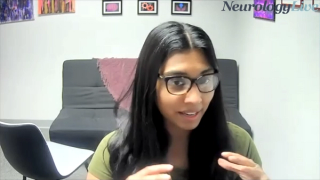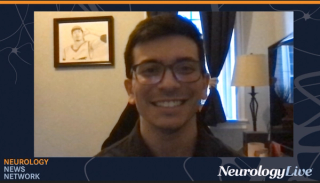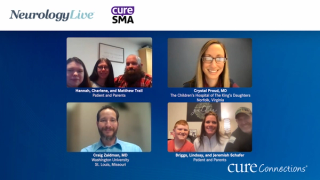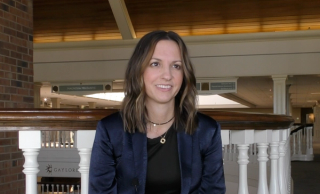
Neuromuscular
Latest News
Latest Videos

CME Content
More News
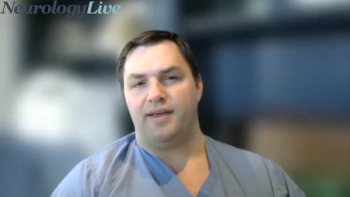
The neurosurgeon at Allegheny Health Network provided background on a new, state-of-the-art tool designed to ultimately improve neurosurgical procedures. [WATCH TIME: 3 minutes]
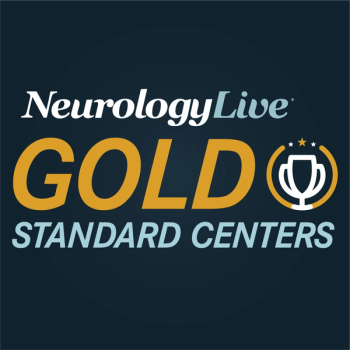
The virtual care program built by The Ohio State University Wexner Medical Center allows for expanded access to patient care in rural areas, improved decision-making, and hands-on experience for young neurologists.
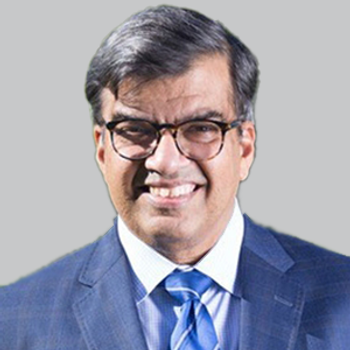
Angela Lek, PhD, and Tahseen Mozaffar, MD, offered their insight into myositis and the clinical needs for the population, ahead of a focused session on it, chaired by Mozzafar at the MDA’s Clinical & Scientific Conference.

Here's some of what is coming soon to NeurologyLive® this week.

Take 5 minutes to catch up on NeurologyLive®'s highlights from the week ending January 6, 2023.
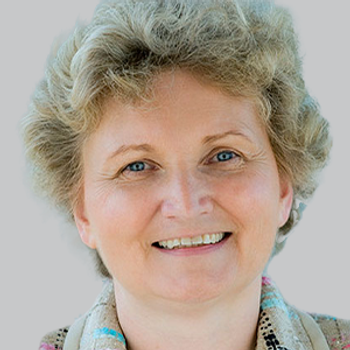
UCB’s rozanolixizumab received priority review on its biologic license application by FDA and expects feedback during the second quarter of 2023.

Catch up on any of the neurology news headlines you may have missed over the course of the last month, compiled all into one place by the NeurologyLive® team.

Here's some of what is coming soon to NeurologyLive® this week.
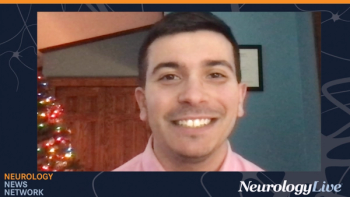
Neurology News Network for the week ending December 31, 2022. [WATCH TIME: 3 minutes]
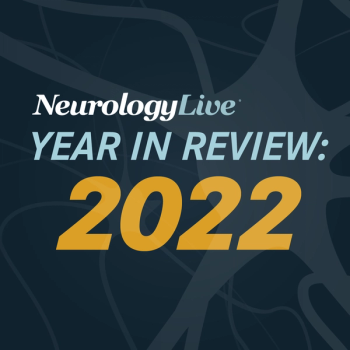
In 2022, these episodes of the Mind Moments® podcast got the most attention from listeners, with this list brought to you as part of NeurologyLive®'s Year in Review.

These were the most-watched interviews with experts in neuromuscular disorders that we conducted in 2022, brought to you as part of NeurologyLive®'s Year in Review.

These were the most-read FDA approval stories that were part of our coverage in 2022, brought to you as part of NeurologyLive®'s Year in Review.

Here's some of what is coming soon to NeurologyLive® this week.
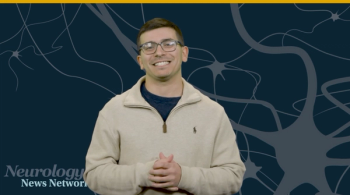
Neurology News Network for the week ending December 24, 2022. [WATCH TIME: 4 minutes]

Take 5 minutes to catch up on NeurologyLive®'s highlights from the week ending December 23, 2022.

As part of NeurologyLive®'s Year in Review, we've compiled the most-read feature-length stories that appeared on the website in 2022.

As part of NeurologyLive®'s Year in Review, we've compiled the most-read question-and-answer interviews we've conducted with experts in various neurology specialties in 2022.
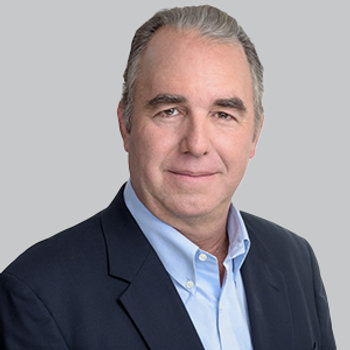
Using focused ultrasound waves, the Exablate Neuro platform has now gained the FDA greenlight for medication-refractory essential tremor, tremor-dominant Parkinson disease, and second side of essential tremor.

In preclinical studies, ENTR-601-44 has demonstrated a robust ability to skip exon 44 in the muscles of nonhuman primates and full-length human DMD mice.

After 6 weeks of treatment, WVE-N531 was found to be safe, well-tolerated, and resulted in mean dystrophin production that was below the level of quantification.

Here's some of what is coming soon to NeurologyLive® this week.
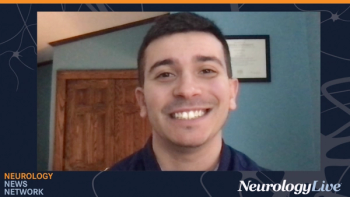
Neurology News Network for the week ending December 17, 2022. [WATCH TIME: 4 minutes]

Take 5 minutes to catch up on NeurologyLive®'s highlights from the week ending December 16, 2022.

AOC 1001, an agent consisting of a proprietary monoclonal antibody that binds to the transferrin receptor 1, was safe, tolerable, and showed significant reductions in DMPK, a disease-related mRNA.

In a phase 3 trial, NurOwn failed to meet its primary end point of change on ALSFRS-R; however, the therapy showed significant benefits in those with less severe forms of ALS.






